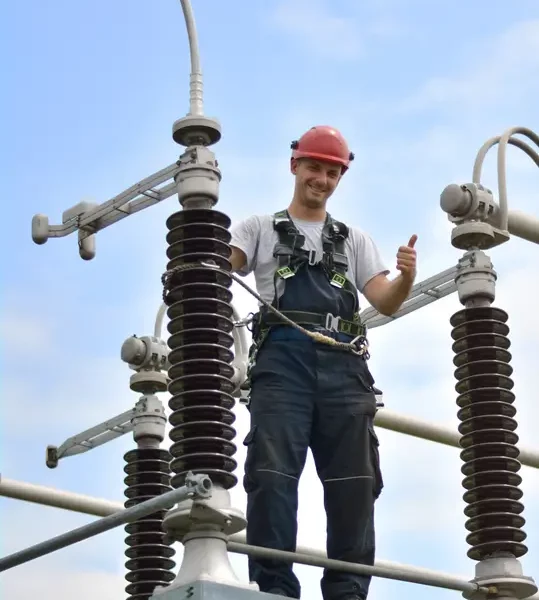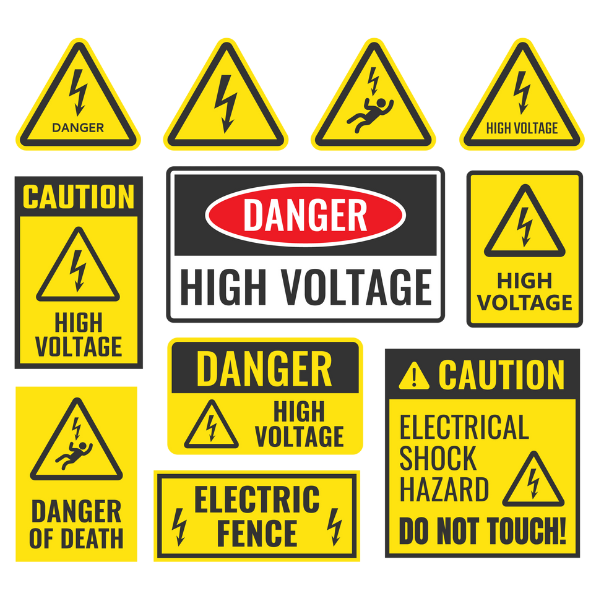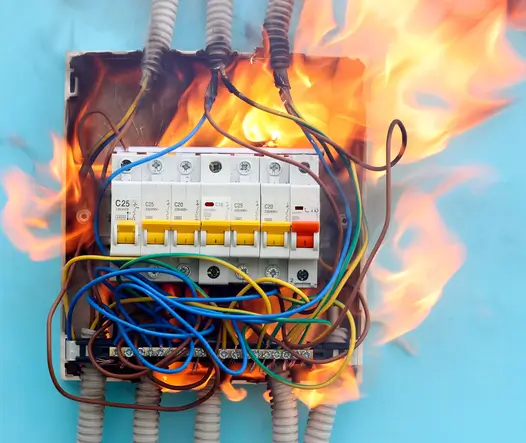Top Electrical Hazards faced by Linemen
Is being a lineman dangerous? Unfortunately, the answer is yes. Power linemen face many electrical hazards as they work on live as well as dead electrical power lines. They may install or replace distribution equipment such as capacitor banks, distribution transformers on poles, insulators, and fuses, among other activities related to electrical lines. Linemen use ropes, knots, and lifting equipment as a part of their duties. Linemen may have to complete these procedures with rudimentary manual tools in areas with limited access. Such conditions are common in rural or mountainous areas that are not accessible to large vehicles, like electric repair trucks. And so they expose linemen to greater electrical hazards.

Failure to Identify Electrical Hazards

To get adequate knowledge related to site safety hazards, specifically electrical hazards, enrolling in OSHA 30-Hour Construction online training course will be the best approach for you since it not only educates you about unforeseeable site hazards but also equip with enough awareness related to Construction Industry.
Use of Inadequate PPE worsens Electrical Hazards
When it comes to workplace safety, personal protective equipment (PPE) is crucial. Many of electrical lineman injuries occur due to the lack of PPE. Protective gear, such as suitable gloves, might make the difference between a healthy hand and one that has been burned by electrical contact. Wearing inadequate PPE causes a substantial proportion of utility accidents. Having the proper PPE can be the difference between life and death for a lineman
Use of Inadequate Coverup Equipment
Cover-up equipment is used in electrical work to keep employees away from energized parts and equipment, as well as to keep energized conductors away from the grounded surface of poles and cross-arms. This significantly reduces electrical hazards for linemen. The risk of electrocution increases when workers aren’t covered up. Mishaps are likely to occur when workers are needed to move their covers during a job due to a lack of cover-up. Prior to the start of a job, employers should prepare ahead and ensure that their workers have enough protective gear.
Neglecting to Provide Protection against Currents in Grounded Systems

Ignoring Safe Driving Practices to and from Work
Employees must keep their focus on the road and follow traffic safety laws to avoid driving accidents. It’s not worth hurrying to work by driving recklessly and risking injury to yourself and others. In addition, those employees who have completed their online training and have an OSHA 30 card will be preferred by Construction Industry employers since OSHA-certified employees’ are well-trained and efficient.






